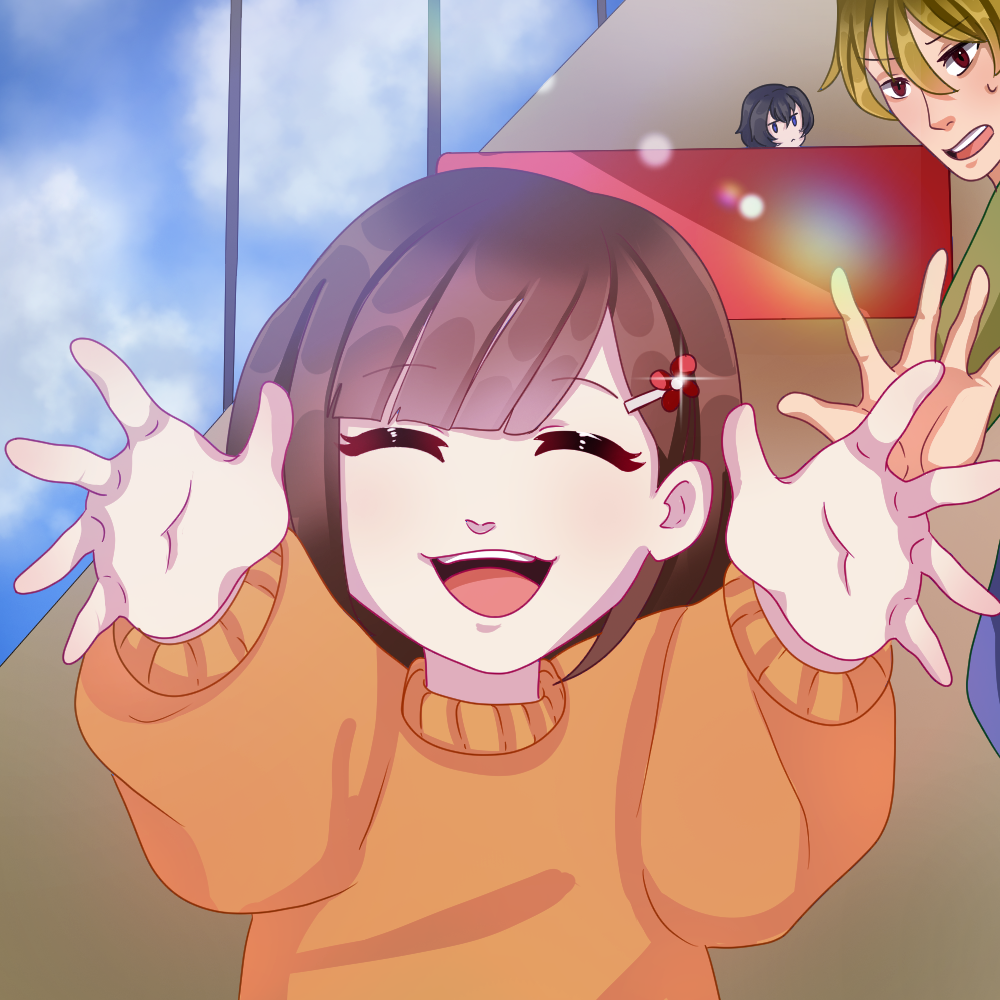Please visit response.fsu.edu for official FSU updates and resources.
Buddy Daddies: Family Doesn't Have to be Blood

Buddy Daddies: Family Doesn’t Have to be Blood
“Unconventional found family featuring parents with shady jobs” is a genre that seems to have taken the anime world by storm in the past couple of years. The most popular example of this is Spy X Family, featuring a spy father, assassin mother, and telepath daughter, who don’t know each other’s secret identities and end up a family out of convenience. But this 2023 spring season has given us another top-notch anime that fits into the genre: Buddy Daddies. The show tells the story of Kazuki Kurusu and Rei Suwa, two hitmen who are partners and best friends, and how they ended up the fathers of a young girl named Miri. Though none of them are related, the three swiftly become a family.
The show is so, so sweet in how it portrays the unique love and styles of care each “papa” has for Miri, as well as for each other. Kazuki is the perfect male wife, managing the cooking, cleaning, and all other household duties. He is unafraid of being over-the-top with his emotions and letting his feelings show. Rei lives a hikikomori lifestyle when not on the clock doing assassinations, but he warms up to their daughter over time, bonding with her over the games they play together. Though more reserved with his emotions, he demonstrates his love in how hard he fights to protect those he views as his family. Miri, herself, is a super cute, outgoing girl who immediately latches onto her “papas” after they assassinate her biological father, and her mother can no longer care for her. She is just happy to be with them and loves them for who they are.
While Buddy Daddies is mostly lighthearted and comedic, it also has a darker subplot. The two hitmen struggle with their role as Miri’s fathers, given their profession. Both have tragic backstories that motivate their actions, as Kazuki is recovering from trauma and Rei is confronting past and current abuse. This causes them to question if they can really provide a safe, happy life for their daughter. Death, violence, and threats of being torn apart underscore many of the episodes. But don’t worry because (spoiler alert) the two do end up sticking together and raising Miri, giving up their criminal careers to keep them all protected. Rei actually ends up permanently disabling himself in order to do so, choosing his found family over his abusive biological one.
Another aspect that really sets this anime apart from others is the fact that it's about two co-parenting fathers. The two men are friends, living and working together as polar opposites who complement each other. However, in the show, they are not explicitly depicted as a couple. Many fans were upset by this, claiming Buddy Daddies to be queer bait. I argue otherwise. To start, the fact that they aren’t explicitly depicted as a couple seems to be due to Japanese censorship issues more than authorial intent. After the last episode aired, the producer liked tons of tweets about Kazurei (the couple’s ship name), and the director said in an interview he hopes people watch the show and ask themselves if the two are a married couple. But even if they aren’t a romantic/sexual couple, that doesn’t mean their relationship and family dynamic aren’t queer. Kazuki and Rei are breaking away from heteronormative and traditional nuclear family structures, choosing to co-parent together. Two men raising a child together is, at its very core queer, no matter what else they do or don’t do on screen. It is an important representation regardless, and I think it adds a very special and touching aspect to the anime, given that the family is depicted so well.
So for fans of a found family with a little action and angst thrown in, add this anime to your list of shows to watch! Every episode is a joy, whether it leaves you smiling or sitting on the edge of your seat. Buddy Daddies really shows you that family doesn’t have to be blood.
Tags: Buddy Daddies, anime, queer, TV shows
Writer: Sarah Moloney
Artist: Hannah Liu



